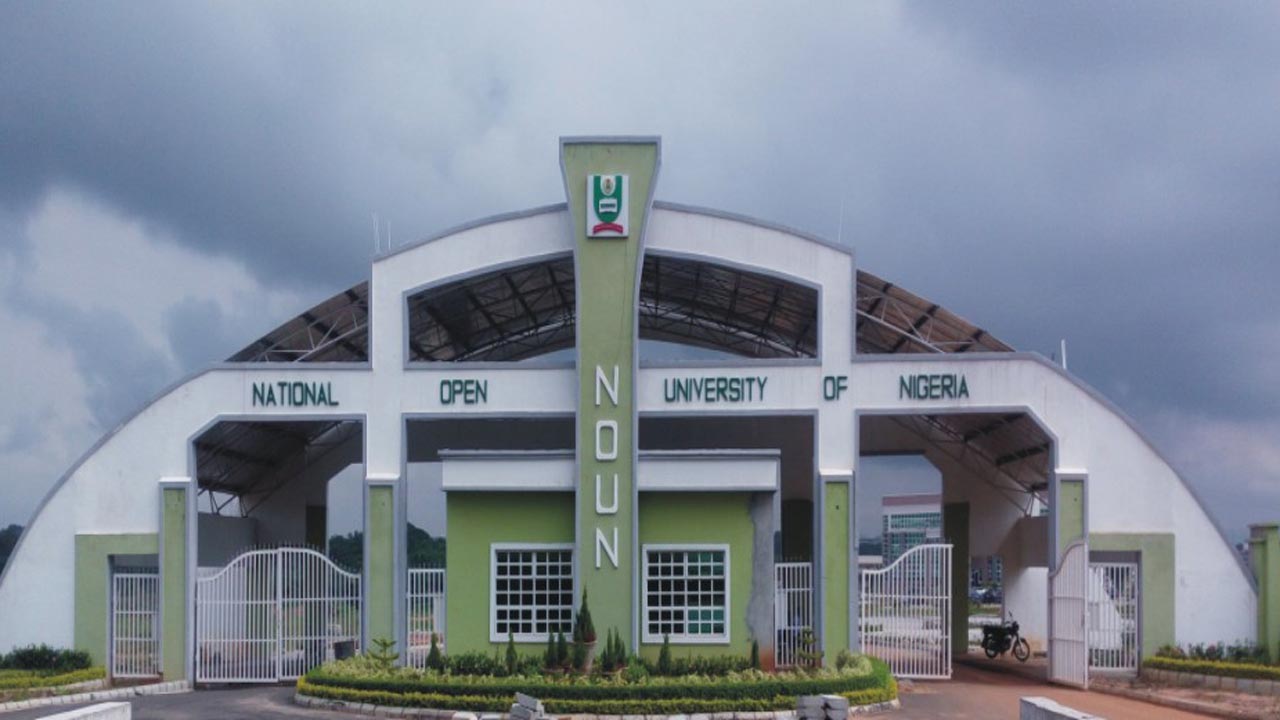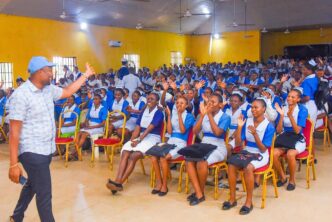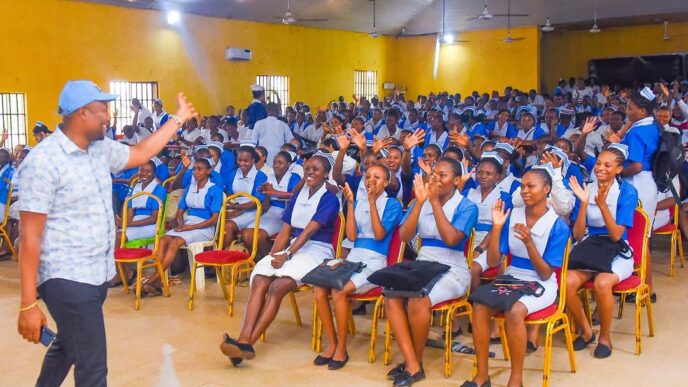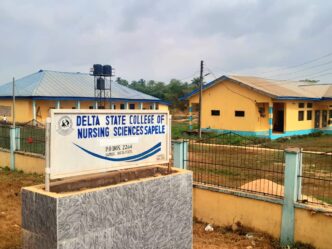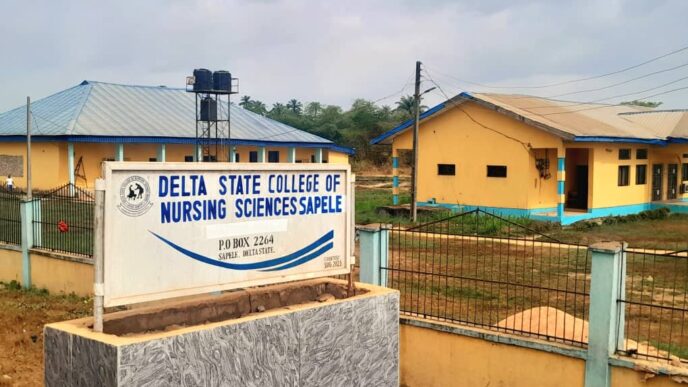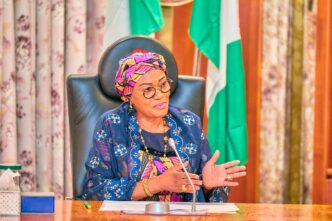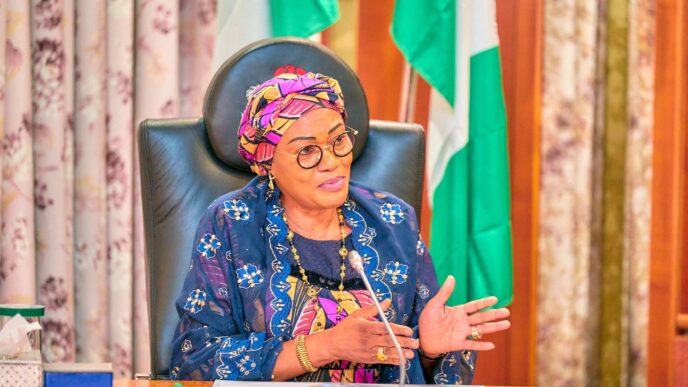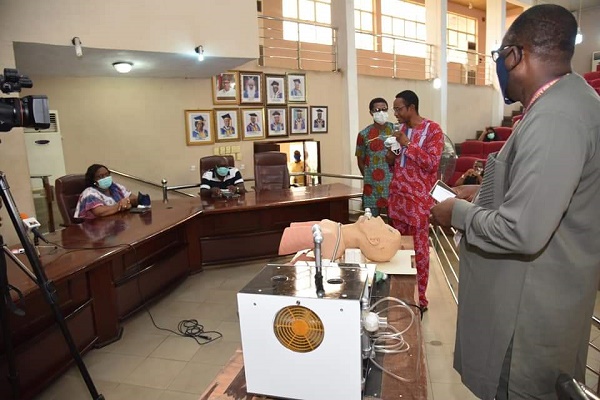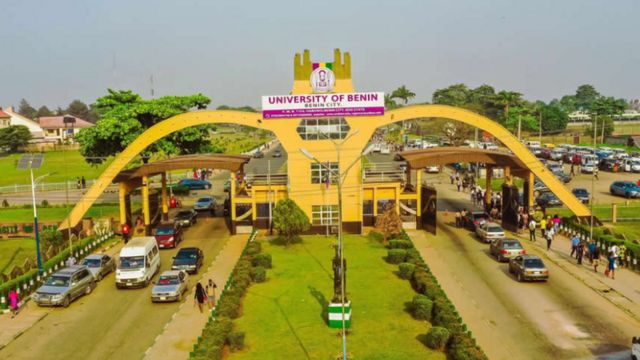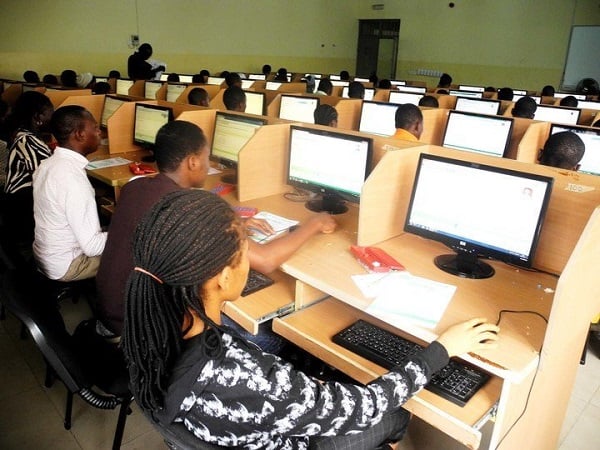UNESCO has partnered with the National Open University of Nigeria (NOUN) to establish the International Media and Information Literacy Institute (IMILI) in Abuja.
Hajo Sani, the Nigerian ambassador to UNESCO, led a delegation on a visit to Olufemi Peters, the vice chancellor of NOUN, on Thursday.
The IMILI is a proposed “category 2” centre in Nigeria intended to serve as a global hub for media and information literacy education.
In January 2025, Mohammed Idris, the minister of information, announced the country’s readiness to host this institute at NOUN.
Advertisement
In March 2025, President Bola Ahmed Tinubu approved the release of funds for its immediate operationalisation.
Category 2 centres are established and funded by member states but operated under the auspices of UNESCO.
They contribute to the implementation of UNESCO’s programmes through capacity-building, knowledge sharing, and research.
Advertisement
At UNESCO’s meeting with NOUN, intended to discuss the category 2 centre, Sani spoke on the significance of the international institute.
The ambassador said the partnership between Nigeria, NOUN, and UNESCO is crucial for advancing media literacy and global education.
“I call for urgent attention to the next steps in the approval process, including the review of the draft agreement and the continued collaboration among stakeholders to ensure the timely establishment of the institute,” Sani said.
“I am very impressed with the commitment of the Nigerian government. It gives me a lot of courage and hope that we are making progress especially with the support of the minister of information, the vice-chancellor, and the university committee.”
Advertisement
In turn, Peters acknowledged the efforts of the government and UNESCO in supporting the establishment of the institute in the country.
He assured the delegation of NOUN’s commitment to the project, saying the institute has been integrated into the university’s system.
“The university has already opened a separate account for the institute’s finances,” the VC said.
“We have a wide network of study centres with short, medium and long-term programmes which are aligned with UNESCO priorities.”
Advertisement
